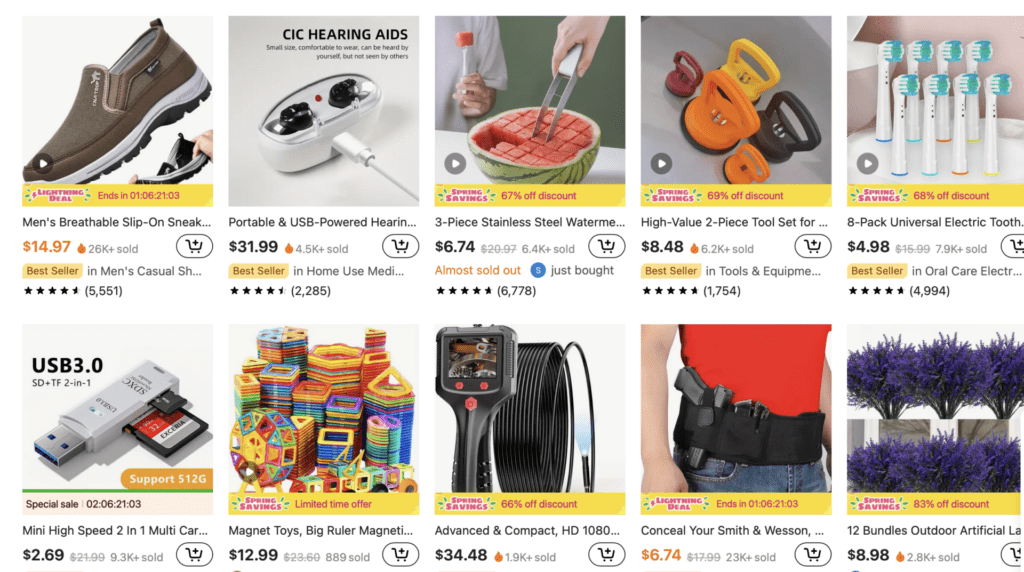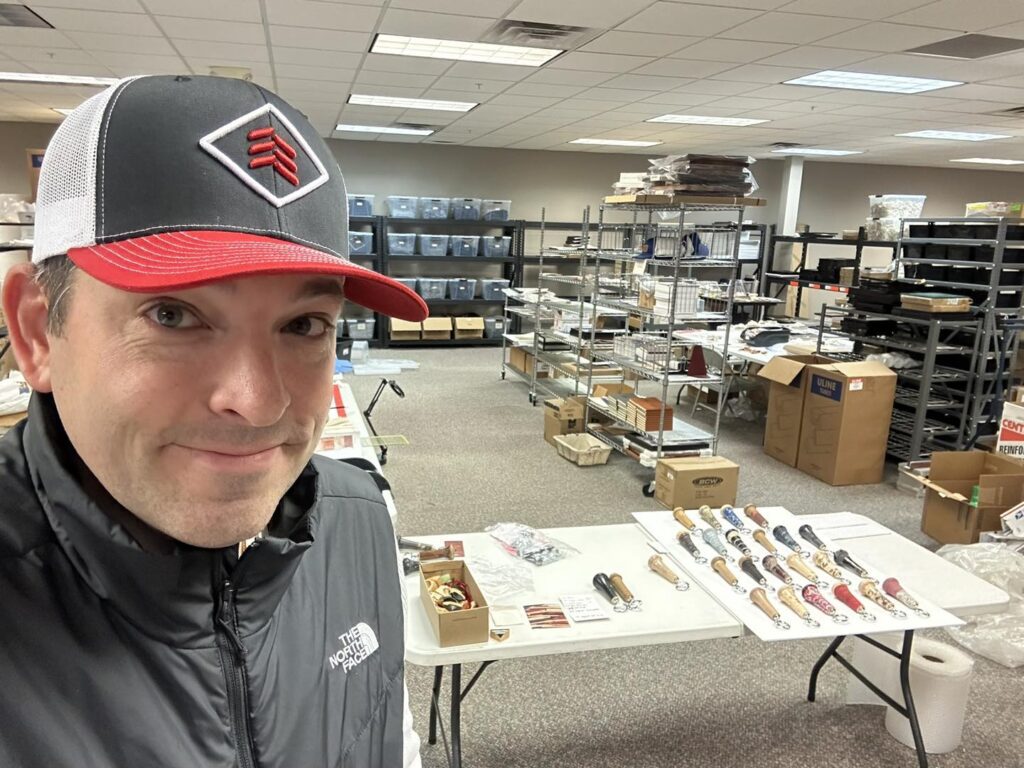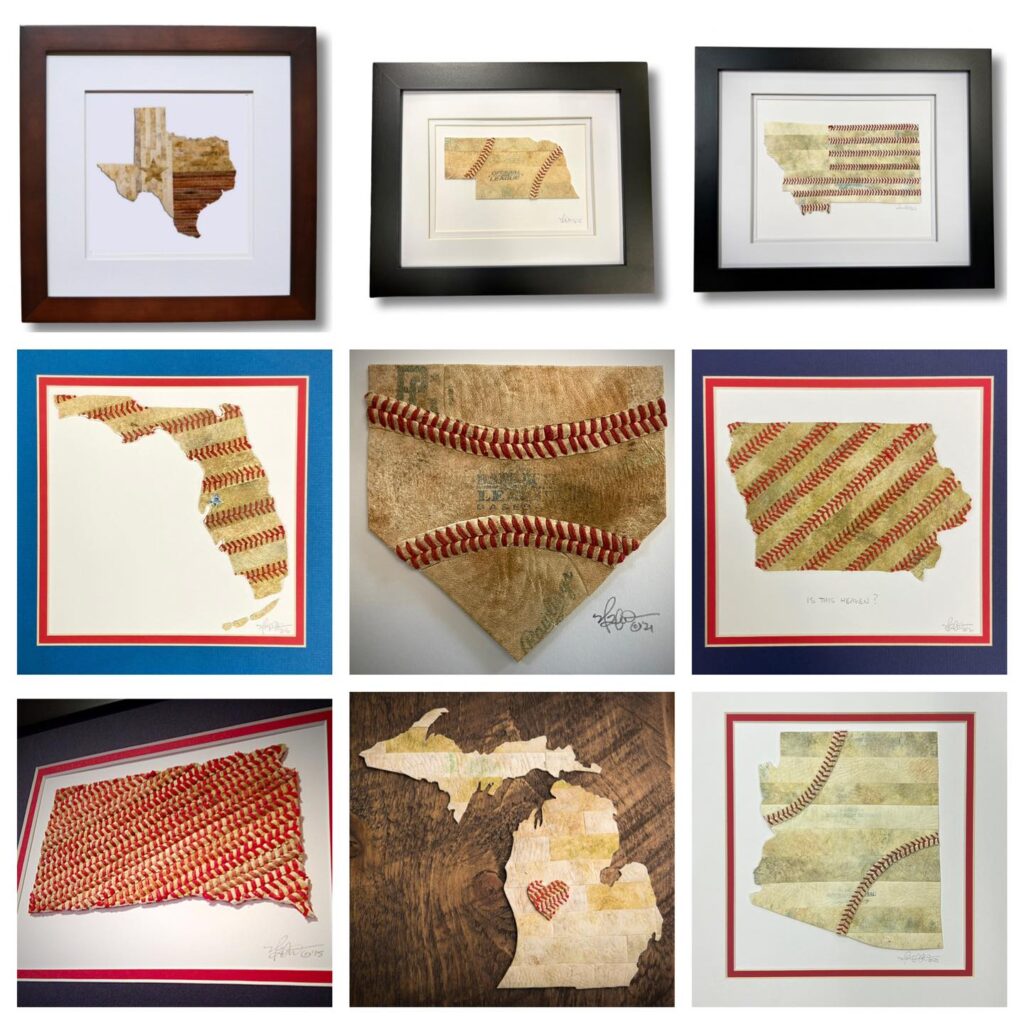Jodi’s Journal: The cost of shopping ‘like a billionaire’
Feb. 18, 2024
I’m not one to watch the Super Bowl for the ads.
But it was hard to miss the ones from Temu, starting with the fact that I noticed the online retailer known for deep discounts was listed as a sponsor for the NFL championship, with five 30-second commercials during or after the game.
In case you missed it, here’s a replay:
Temu, by any metric I could find, is logging impressive growth in the U.S., to say the least. While its headquarters is in Boston, the parent company is global commerce group PDD Holdings, which was founded by 43-year-old Chinese billionaire Colin Huang. That’s the same parent company that owns sister Chinese e-commerce platform Pinduoduo.
The overriding theme with Temu, as best I can tell, is price. Think of it like Shein, which has undercut fashion prices with a similar model, but with household items, electronics and pretty much anything you can think to make with plastic.
Here’s what popped up first when I checked the website one evening last week, just a head-scratching mix of products few probably need and thousands apparently bought, soon to be shipped directly from Chinese manufacturers:
There’s plenty of backlash behind these ridiculously low prices, everything from quality control issues to suspicious labor practices. Meanwhile, cheery animation in the ad encourages viewers to “shop like a billionaire,” ostensibly filling their online carts with deals designed to make them feel like money is no object.
It turned out, I wasn’t the only one to raise an eyebrow about all this visibility for a company I’m not sure I’d trust with my data or payment information.
Nathan Rueckert, founder of Sioux Falls-based The Baseball Seams Co., was moved to share his impressions too. His company produces one-of-a-kind artwork using old baseballs.
“We are definitely a global economy, but I think people overlook what happens when you shop overseas,” he told me. “There are people behind the products, and I wanted to bring that out.”
To try to paraphrase his resulting social media post would be to minimize the impact of the individuals mentioned, so here’s Rueckert’s statement in its entirety:
“If you watched that big football game, I’m sure you noticed a ton of ads from Temu, an online marketplace that ships goods directly from China. I get it — it’s crazy cheap, costs everywhere are rising, and you need to save $$ where you can.
“But let me illustrate what happens to your same dollars when you buy domestically instead of sending it overseas:
“When you purchase our American made products, you support:
- Baseball coaches all across the USA who sell us thousands of used tattered baseballs annually;
- My friend James in rural South Dakota, USA who cuts thousands of baseballs a year and creates accessories from them;
- Thea in Sioux Falls, SD USA who cuts leather and seams into strips for artwork production;
- Paul & Becky in St. Louis, MO USA who create all of the limited edition Christmas ornaments each year;
- Bryce in Sioux Falls, SD USA who creates art and manages custom artwork templates;
- High school student Liam in Sioux Falls, SD USA who mats, frames, and packages all of our orders;
- Zak in Sioux Falls, SD USA who manages inventory, the order queue, ship labels, and packing slips;
- Paula in Sioux Falls, SD USA who creates artwork;
- Shane & Bonnie in Fort Worth, Texas USA who cut down reclaimed baseball bats, sand, and finish all our wood bat products;
- Andrew in Garretson, SD USA who laser cuts and powder coats all our steel ornaments from USA manufactured sheets of steel;
- Tim in Sioux Falls, SD USA who designs graphics, logos, product packaging, apparel, print brochures, and signage for our company;
- Wes in Sioux Falls, SD USA, who shoots print and poster photography for new products;
- Ethan in Springfield, MO USA who writes blog posts and tells stories in our hardcover coffee table book;
- Minuteman Press in Sioux Falls, SD who prints many of our product cards and brochures that are included in each package;
- Several USA based Etsy shops, who provide laser cut birch wood used to create our Christmas ornaments and wood cross stands;
- ULINE in Minneapolis, MN USA, a family owned packaging and shipping supplies company, who provides all our shipping boxes and supplies from their Minneapolis location.
- And of course, my wife and three girls, who rely on the success of my small business to put food on the table, keep the lights on, and pay for a gazillion sports activities and events.
“This entire list doesn’t earn a wage when you shop Temu and marketplaces like it. Instead, 100% of your money supports overseas labor, packaging, and company ownership.
“I would love the opportunity to earn your business and I know this whole list feels the same way.”
Feedback to the post has been “all positive,” he said.
In his business, Rueckert fortunately has not been the victim of third parties attempting to create copycat products and sell them at dramatically reduced prices — something other local business owners have encountered.
“The beauty of what I do is that the more tattered and worn the baseballs are, the more people connect with the products,” he said.
“Baseball fans are buying a product, but also the nostalgia and memories of past experiences when they make a purchase through me. So it would be very time-consuming and labor intensive for them to try and replicate that same feel. I also try to connect people with stories with each new product, so that’s also tough to replicate.”
It has paid off. In the two years since he quit his job in financial services, sales have doubled, “and we’re shipping over 7,000 packages a year out annually from eastern Sioux Falls all over the country,” he said.
For a while in business, we’ve talked about “Amazon-proofing” your offering, especially if you’re a locally based, smaller entrepreneur. We probably need to expand that to Temu- and Shein-proofing too.
I have noticed increasing reader backlash when we cover these global retailers, which tells me savvy consumers are beginning to realize all that cheap stuff really does come at a cost.
For us, there’s a need to report on the retail industry in an authentic way, which means acknowledging the market-share shift and business-model disruption occurring because of these companies.
But I join Rueckert in urging you to remember that the local retail and wholesale economies depend on consumers supporting them. Shop like a billionaire? Maybe swap out the idea for shopping like a supporter of the place you call home.











